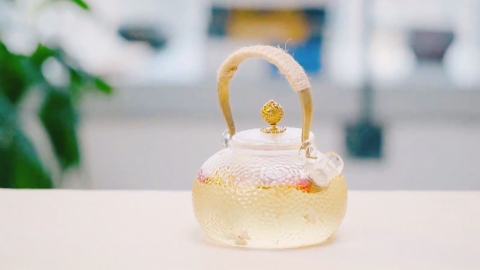Which teas should not be consumed
Generally speaking, there is no such thing as tea that cannot be consumed. However, it is not recommended to drink strong tea, moldy tea, tea with altered flavor, overnight tea, or cold tea. Detailed explanations are as follows:

1. Strong Tea
Tea naturally contains caffeine and theophylline. In strong tea, the levels of caffeine and theophylline may be elevated. Consumption may stimulate the central nervous system, potentially affecting sleep quality and causing symptoms such as insomnia and vivid dreams. Therefore, frequent consumption of strong tea is not recommended.
2. Moldy Tea
If tea leaves are improperly stored, they may spoil and develop mold. This kind of tea is unsuitable for consumption, as it may harm internal organs and cause symptoms such as diarrhea, nausea, and vomiting.
3. Tea with Altered Flavor
Tea has a strong adsorption capacity. If stored together with other foods or items, it may absorb odors, which could harm health when consumed and even degrade the tea's nutritional value. Therefore, continued consumption is not recommended.
4. Overnight Tea
Tea left overnight for too long may spoil or develop bacteria. Drinking it may be harmful to health and could irritate the gastrointestinal tract, causing symptoms such as acute diarrhea and abdominal pain. Therefore, it is best to avoid drinking overnight tea.
5. Cold Tea
Tea should ideally be consumed at room temperature. Drinking cold tea directly may lead to cold retention and phlegm accumulation. It may even trigger cold-related conditions, such as cold limbs, abdominal pain from cold exposure, and cold-induced common colds.
To safeguard your health, it is best to avoid consuming the above types of tea. Additionally, after consumption, monitor your body's response regularly, and discontinue use promptly if any adverse reactions occur.








